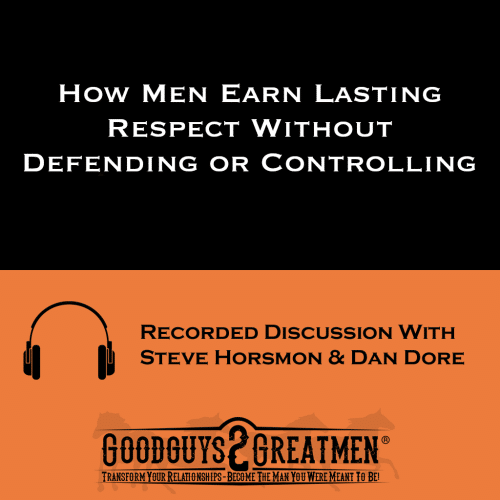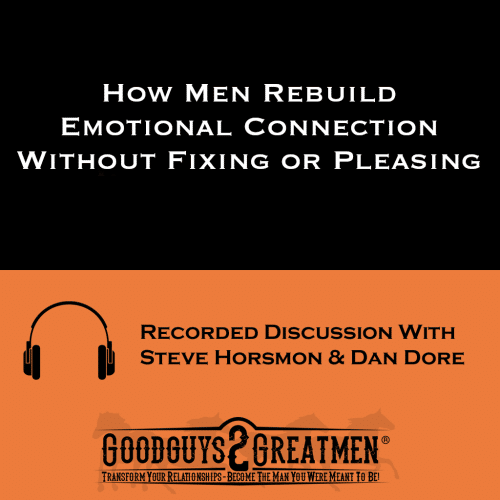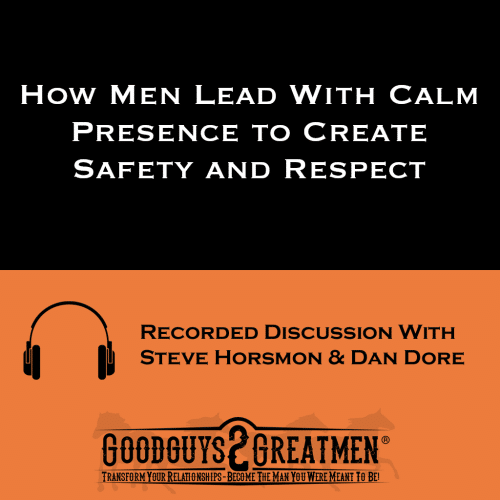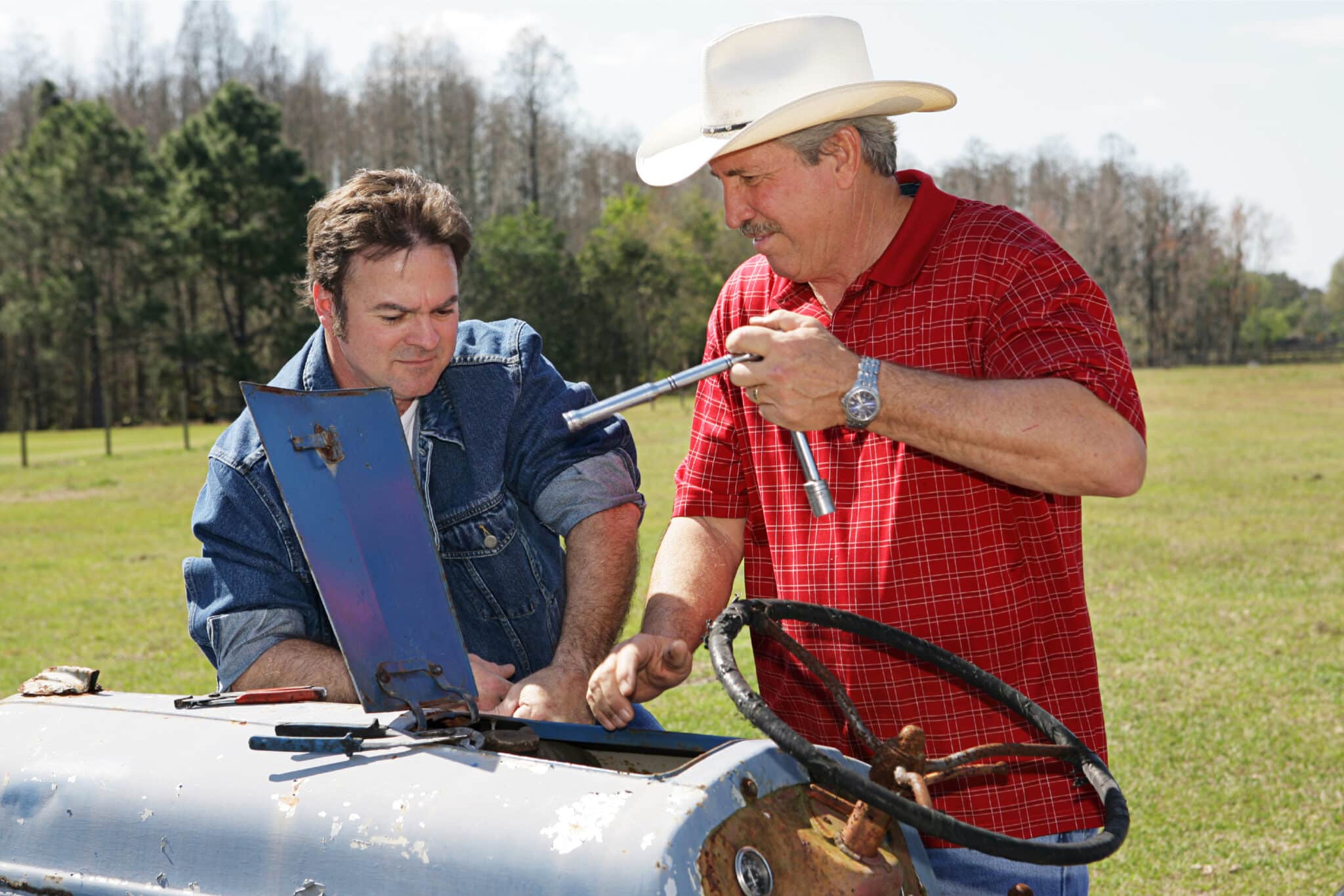The Flight Plan of a Solo Marriage Recovery
There comes a time in many relationships when one or both partners start wondering if they are going to last. After years of good times and bad times, they start to feel that the bad times are taking over. The flush of goodness that came with appreciating and loving their partner’s personality has been replaced by the rush of conflict and stress that comes with discovering the reality of their character.
When harsh judgment and resentment of someone’s character enter into a marriage it is often slow and cancerous. The reasons this happens is written in thousands of books on the subject. Self-help books, therapy, and counseling are common ways people try to reverse the direction of their relationship often to no avail. This is because the partners are looking primarily at each other for the first sign of change – not within themselves. The apparent change in character you think you see may very well be a reaction to and reflection of how you have been neglecting your job in the relationship. Saving your marriage is sometimes as simple as one person recognizing this and accepting that SOMEBODY has to start the process.
A “Solo Marriage Recovery” simply means that all other means of collaboration and communication have failed. One partner wants to save the relationship and is willing to learn how. The other partner may be in a foggy state of limbo and unsure of what they want.
This article is written for the partner in a troubled relationship who believes TWO THINGS to be absolutely true for himself/herself.
- You refuse to continue being the person you’ve become inside your relationship.
- You want to save the relationship and are committed to the knowledge and actions required of you.
There is an important hidden message in this article and that is – this may not work. The simple flight plan below is a best case scenario. There is untold baggage that each of you has preceding your decision to attempt a Solo-Recovery. Both of you have said and done things that are totally unacceptable and destructive to the relationship. A decision to follow this process is a commitment to treat the past as no longer important.
Other articles you may find helpful:
Why Doesn’t My Wife Want Sex With Me?My Wife Doesn’t Respect Me, What Should I do?
You are beginning a process that is 100% focused on a positive path forward for you, your values and expectations of yourself. This process REQUIRES you to accept that you can not control or predict the choices your partner may make in the future. The truth is that you helped create your reality up to this point and your only hope of a better life and relationship is to address YOUR part in getting to where you are.
The hidden message is that no matter what your partner chooses to do, you don’t have a choice. You still have to save yourself from making the same mistakes for the rest of your life! If you choose to do nothing, it means that you’ve chosen to allow your marriage to fail AND to continue being the person you don’t like inside your relationships. This makes no sense.
By taking this trip the WORST thing that can happen is that you will become an AWESOME person and partner in a world without your spouse. You can’t control their choices, but you CAN prepare yourself for the good you deserve in your life.
The 3 Keys to a Successful Recovery
These 3 things are prerequisites to a successful marriage recovery. There is a minimum starting point for each person that can predict whether or not you can succeed.
1. DESIRE to save the relationship and learn how to grow together
2. WILLINGNESS to learn what you do not yet know about each other
3. ABILITY to authentically act and change based on what you have learned
These 3 things are critical in executing a turn-around in your marriage. In a solo-recovery, I call the person trying to save the marriage the “Pilot”. They each have a rating of High, Medium, or Low assigned to the 3 prerequisites above. These ratings can change along the way. The Four Phases of this journey are shown below with the relative ratings of both the Pilot and Co-Pilot. Note the minimum starting point for each person shown in Phase I and how those ratings can change along the way.
Phase I – Taxiing
This is the starting point where the plane is simply getting ready to go somewhere. The Pilot and Co-Pilot have the following minimum starting points.
| DESIRE | WILLINGNESS | ABILITY |
Pilot | Medium | High | Medium |
Co-Pilot | Low | Low | Low |
Pilot
Must have enough desire to save the marriage to warrant the investment in the education needed. Willingness to learn must be high to allow personal change to take place. There must be some ability to act and change before further growth can occur.
Co-Pilot
By definition, desire, willingness, and ability are at an all-time low. This is why they are this trip to begin with!
Phase II – Take-Off
This is the time during which the Pilot has started making some small changes in “attitude” and behavior.
| DESIRE | WILLINGNESS | ABILITY |
Pilot | Medium | High | High |
Co-Pilot | Medium | Low | Medium |
Pilot
Learning is increasing quickly and commitment to improving ability is very strong. Still unsure about the desire to save the marriage.
Co-Pilot
Because of the new environment and behaviors, the Co-pilot feels a spark of desire to continue working. Also, they begin to reciprocate to show that they also have an ability to try. Still not convinced there is anything to learn, however.
Phase III – Climbing
This is the time during which the Pilot has made a full commitment – no turning back. The G-forces of the climb have a very definite “pulling” effect on the Co-Pilot. If the Co-Pilot decides to “bail out”, it is usually in this phase.
| DESIRE | WILLINGNESS | ABILITY |
Pilot | High | High | High |
Co-Pilot | High | Medium | High |
Pilot
Because of the responses from the Co-Pilot, desire jumps in a show of hope and optimism. He’s “all in”. Continued learning and personal improvement remain a strong focus. Confidence builds along with an awareness that the changes are permanent whether or not the Co-Pilot decides to eject at some point later!
Co-Pilot
Desire jumps as well because of renewed hope and less stress. A vision of a future together finally becomes possible. A new interest in learning and understanding develops. There is a sincere effort to show the ability to collaborate on the recovery. The jury is still out on how much more learning is needed.
Phase IV – Cruising Altitude
They both have achieved an understanding of what the other needs and they each want to meet those needs. Everything feels easier – less stressful.
DESIRE | WILLINGNESS | ABILITY | |
Pilot | High | High | High |
Co-Pilot | High | High | High |
Pilot
Commitment and confidence in the future is very strong. Feelings of love and appreciation have returned, though there is much more growth ahead. The relationship has reached a point where it is clear that the “old way” of behaving will never return and the ability to act and change feels normal and natural.
Co-Pilot
Although there are still reminders of the “old relationship” intact, the Co-Pilot has discovered that they don’t know everything. Learning has become fun and communication is easier than ever before. Even in this stage, the Pilot remains under scrutiny to see if the changes are consistent and permanent. Rough weather ahead, however, is managed with more skill than ever before.
The obvious questions remaining are, “What exactly was the Pilot doing? What specifically was going on in each phase that could cause the Co-Pilot to have such a positive reaction?”
The answer is: A LOT of things were going on and were coming from a place of sincere love.
Assume, for example, the Pilot was the husband. He decided he was not going anywhere and made that perfectly and lovingly clear in every way and every day. With this unalterable and authentic commitment, it became clear that it was the Co-Pilot who had a decision to make in the areas of Desire, Willingness, and Ability. The Co-Pilot ALWAYS has the free choice to reciprocate or to eject anytime.
With this level of clarity the Pilot learned how to “ramp up” his masculinity at the same time he learned how to meet her needs better than ever before. He became much more confident in his ability to give love without expectation of getting anything in return. This is the person he really wanted to be.
The Pilot became comfortable living within the expectations and values he declared for himself and invited her to stay on board. He chose to model the attitude, love, and behavior he expected of himself regardless of her choices.
With this increased level of commitment, willingness to change, and authentic loving actions, the Co-Pilot was able to make a decision. In most cases, the Co-Pilot will decide to stay on board and begin her own changes that will allow them to stay at “Cruising Altitude”.
The Pilot has become very aware and confident in his ability to maintain his role in the relationship. They BOTH become happily aware of their new ability to understand and meet each other’s needs. GIVING and RECEIVING LOVE is natural and easy. And it is THIS awareness that makes their previous “character judgments” seem so minor now.
Q: What exactly is a “Solo Marriage Recovery”?
A: It’s the path a man (or woman) takes when all collaboration has broken down, communication has stalled, and one partner is still committed to saving the relationship. It means taking the controls when the other person is lost, numb, confused, or ambivalent. You become the Pilot — not because you’re superior, but because someone has to fly the damn plane before it crashes.
Q: Does this mean I’m doing all the work? Isn’t that unfair?
A: It feels unfair at first, but it’s the only way forward once things have reached stalemate. In every turnaround story, SOMEONE goes first. Someone sets the tone. Someone stabilizes the emotional climate. When you become the Pilot, you’re not doing her job — you’re doing yours. And whether the marriage survives or not, you get your integrity, self-respect, and leadership back.
Q: What if she has zero Desire, zero Willingness, and zero Ability?
A: That’s exactly why Phase I exists. In the beginning, her numbers are always low — sometimes painfully low. The point is not to force her to change. The point is that your energy, consistency, and clarity create a new emotional environment. In that new environment, her numbers often rise naturally… IF she chooses to stay in the cockpit.
Q: How long does Phase I (Taxiing) typically last?
A: As long as it takes for you to stop controlling outcomes, start owning your contribution, and establish a new baseline of emotional strength. Taxiing ends when the Co-Pilot begins to notice — not verbally, but behaviorally — that something is different. When you stop reacting, stop pleading, stop chasing, and start leading, the plane naturally begins to move toward the runway.
Q: How do I know if she’s “bailing out” during Phase III (Climbing)?
A: You’ll sense it. Her body language changes. Her communication drops. She rejects connection instead of simply being hesitant. A bailout doesn’t always mean leaving the marriage — sometimes it means going emotionally offline. The key here is not to panic. A Pilot continues climbing regardless. You are becoming the man you need to be for the rest of your life — with or without her.

Have questions about your relationship?
Apply for a free, no strings, 90 minute deep dive personalized coaching session to help you identify what to focus on and what to avoid to get you moving toward the future you want. We offer a unique form of Men’s Coaching and we attract smart guys who see through surface level hype and bravado. We hide nothing and hold nothing back. We know that everything you want is behind your fear and skepticism…just like it was for us.










